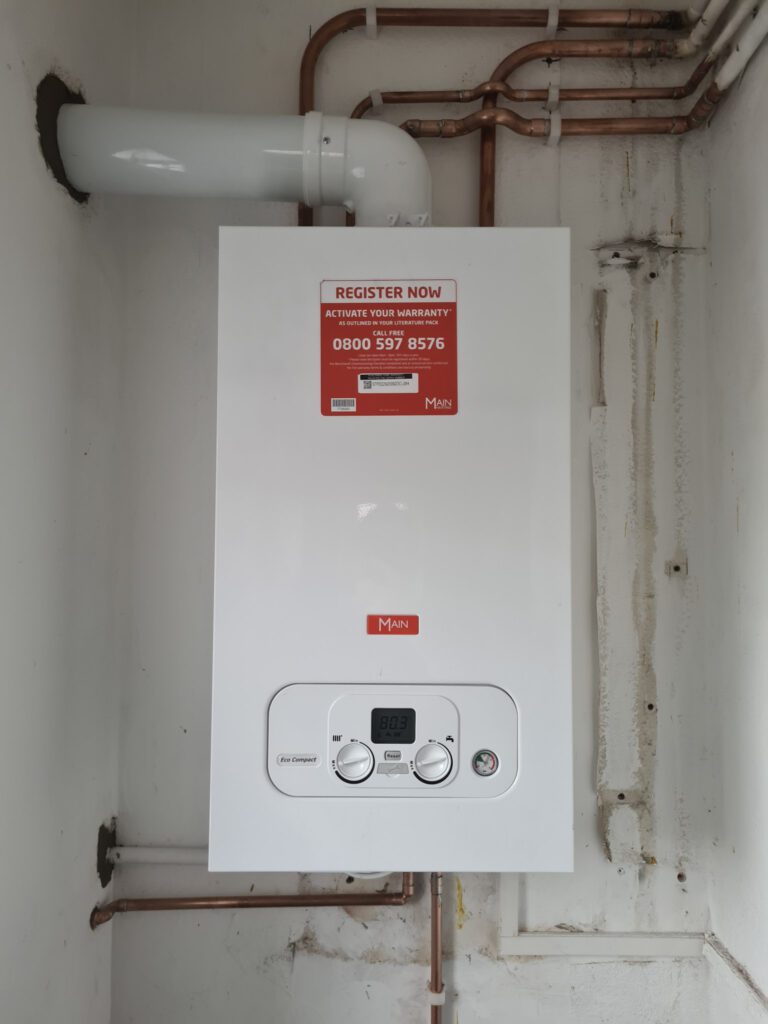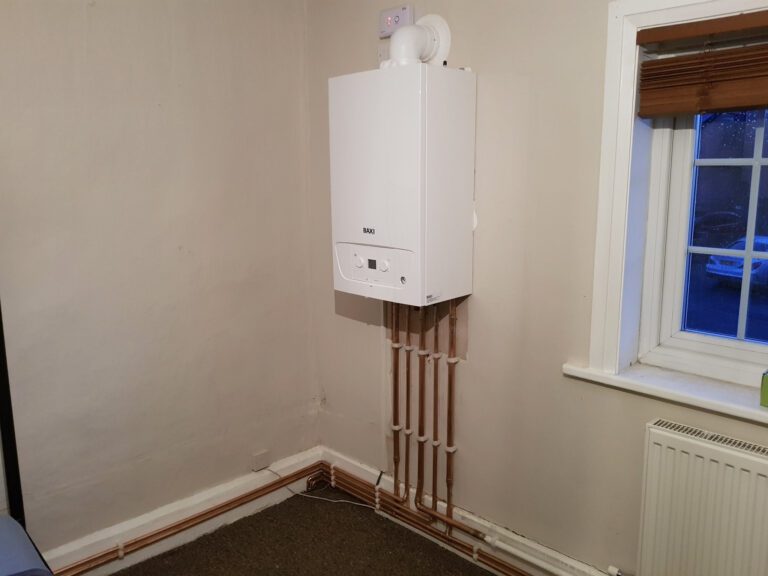Understanding How Gas Boilers Work
Gas boilers are a central component of many homes’ heating systems, providing warmth and hot water for daily needs. Whether you’re considering installing a new gas boiler or simply want to understand your existing system better, this guide will walk you through the fundamentals of how gas boilers work.
What Is a Gas Boiler?
A gas boiler is a heating system that uses natural gas or propane as fuel to heat water. This heated water or steam is then distributed throughout the home via radiators, baseboard heaters, or underfloor heating systems. Gas boilers are popular due to their efficiency, reliability, and relatively low operating costs compared to electric or oil-based systems.
How Does a Gas Boiler Work?
- Fuel Supply:
- Natural Gas: Most gas boilers are connected to a natural gas supply line. The gas enters the boiler through a controlled valve, ensuring the right amount of fuel is delivered.
- Propane: In areas without natural gas, propane gas is stored in a tank and supplied to the boiler.
- Ignition:
- The boiler’s burner uses a small, controlled flame called a pilot light or an electric ignition system to ignite the gas. This creates a combustion process that produces heat.
- Heat Exchange:
- The heat from the burner is transferred to the water via a heat exchanger. This is a crucial component that efficiently conducts heat from the combustion process to the water without allowing the gases to mix with the water.
- Circulation:
- Once the water is heated, it is circulated through the home. In a hot water system, the heated water flows through pipes to radiators or underfloor heating. In a steam system, the water turns into steam and rises through the system.
- Exhaust:
- After the combustion process, the gases produced (including carbon dioxide and water vapour) are expelled from the boiler through a flue or chimney, ensuring they don’t enter the living space.
- Thermostat and Controls:
- The boiler’s operation is controlled by a thermostat, which regulates the temperature of the water. When the desired temperature is reached, the thermostat signals the burner to stop, conserving energy.


Types of Gas Boilers
Combi Boilers:
- These combine water heating and central heating in one unit, providing hot water on demand. They are space-saving and efficient but might struggle to provide sufficient hot water for larger households.
System Boilers:
- These have a separate hot water cylinder but no cold water tank, making them ideal for homes with high hot water demand.
Conventional Boilers:
- Also known as regular or heat-only boilers, these are suitable for larger homes. They use a separate hot water cylinder and a cold water storage tank.
Advantages of Gas Boilers:
- Efficiency: Modern gas boilers are highly efficient, converting a large portion of the fuel into usable heat.
- Cost-Effective: Gas is generally cheaper than electricity or oil, making it a cost-effective fuel choice.
- Reliability: Gas boilers are known for their durability and consistent performance.
Maintenance Tips
- Annual Servicing: Regular servicing by a qualified technician ensures the boiler operates efficiently and safely.
- Bleeding Radiators: Removing trapped air from radiators can improve heat distribution.
- Insulating Pipes: Especially those exposed to cold temperatures to prevent heat loss.
Understanding how gas boilers work can help you make informed decisions about your home heating system. Whether you’re considering a new installation or maintaining an existing system, knowing the basics of gas boilers will ensure you get the most out of your heating system. Regular maintenance and choosing the right type of boiler for your home can lead to significant energy savings and a comfortable living environment.
Looking for a New Boiler Installation
By Professional and Knowledgeable Central Heating Specialists

